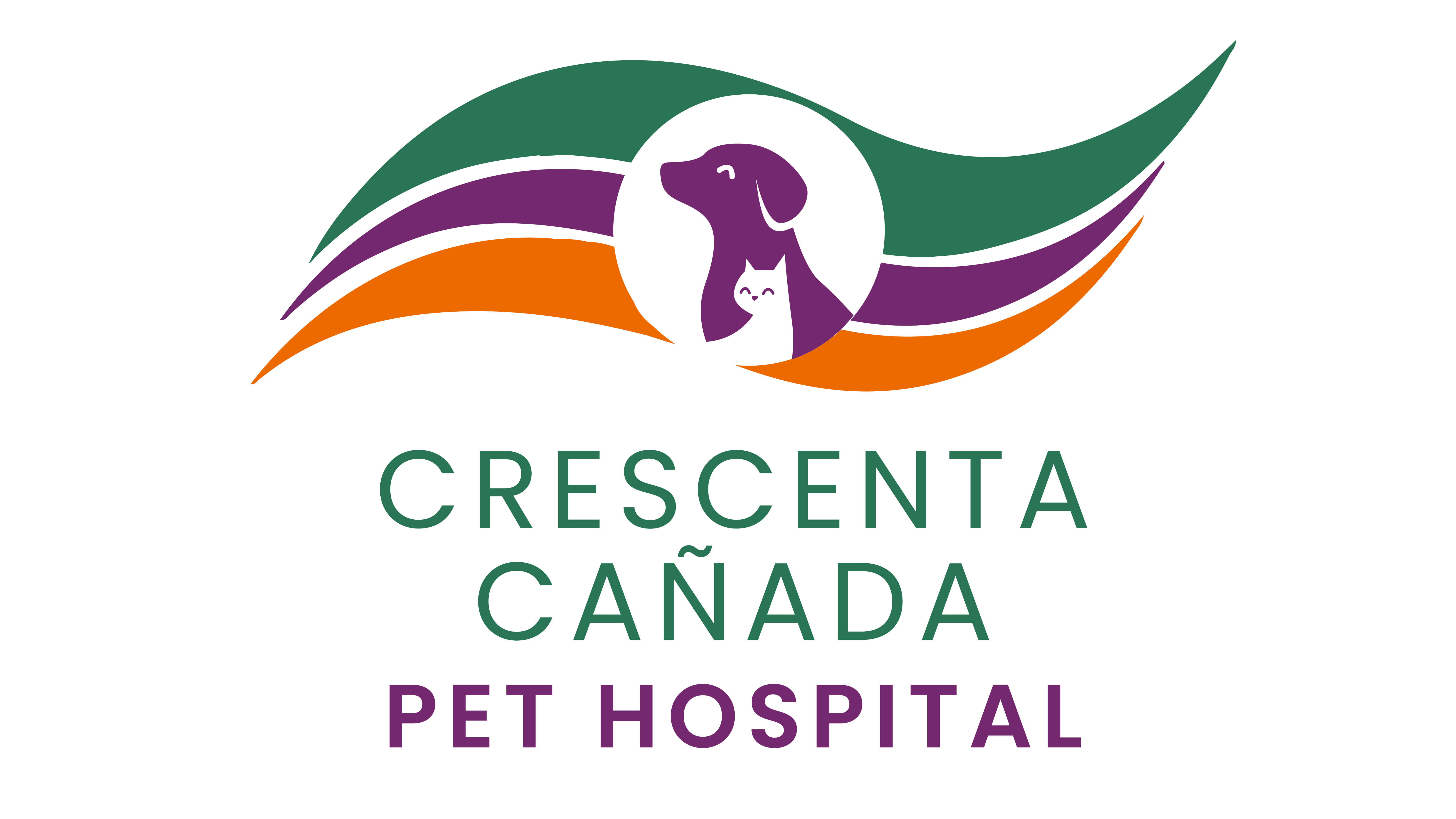.jpg)
Cats are the beloved pets of countless people, and keeping them healthy and happy is a top priority for them. Nutrition plays a big role in the health and well-being of cats, and it’s important to understand their nutritional needs in order to give them the highest quality of life. At Crescenta Cañada Pet Hospital, we strive to provide pet owners with the best service, and we are here to help pet owners learn more about cat nutrition. In this article, we will cover the importance of nutrition for cats, their nutritional requirements, common food allergies, and how much to feed them to help you gain a better understanding of your cat’s nutritional needs.
How Does Nutrition Impact the Health and Well-Being of My Cat?
Proper nutrition is essential for maintaining the overall health and well-being of cats. A well-balanced diet provides them with the necessary nutrients, vitamins, and minerals, which can help prevent diseases and ensure good growth, reproduction, and a healthy immune system. Inadequate nutrition can result in various health issues and a decreased quality of life for your feline companion.
What Are the Nutritional Requirements for a Cat?
Cats are obligate carnivores, meaning they require specific nutrients that can only be found in animal tissues. Their nutritional requirements include a diet high in protein, essential amino acids, fats, vitamins, minerals, and proper hydration. Protein should be the primary source of daily calories, while essential fatty acids like omega-3 and omega-6 must also be provided through the diet. Carbohydrates should only be given in small amounts as cats primarily utilize protein and fats for energy. Vitamins and minerals are also essential for their health and must be provided through their diet. Lastly, cats should have access to clean, fresh water at all times in order to stay properly hydrated.
.jpg)
Will My Cat’s Nutritional Requirements Change Throughout Their Life?
Cats go through different life stages, and their dietary requirements change as they age. In order to provide them with the best possible nutrition, it is important to understand these changes and adjust their diets accordingly. Kittens require high-protein diets with essential amino acids for growth and development. Junior cats still have high energy levels and require a balanced diet to maintain their growth. Prime, mature, and senior cats may experience changes in metabolism, activity level, and energy requirements. Geriatric cats may require special diets to address age-related health issues, such as kidney disease or weight management.
What are Some Signs and Symptoms of Poor Cat Nutrition?
It is important to be aware of the signs and symptoms of poor cat nutrition in order to identify potential issues and provide proper care for your pet. Dull, greasy coat and/or dry, flaky skin can be an indication of a nutritional deficiency. Muscle loss can occur due to a lack of protein or amino acids in the diet. Abnormal skin pigmentation and chronic hair shedding may indicate nutrient deficiencies as well. Digestive issues such as vomiting, diarrhea, or constipation can also be symptoms of poor nutrition. Sudden weight gain or loss and lethargy are other telltale signs that something is wrong with your cat’s diet.
.jpg)
What are Common Food Allergies in Cats?
Food allergies in cats occur when their immune system reacts adversely to a particular protein found in their food. The most common food allergens associated with cat allergies are beef, fish, chicken, and dairy products. Symptoms of food allergies include chronic itching, over-grooming, skin infections, gastrointestinal issues, and rectal scooting. Diagnosing food allergies can be challenging; however, the most reliable method is the dietary elimination trial. Once an allergy is diagnosed, it’s essential to identify the allergen and remove it from the cat’s diet. The Cornell Feline Health Center offers more details about cat food allergies.
What and How Much Should I Feed My Cat?
The amount and type of food to feed your cat depends on their age, weight, activity level, and any specific health needs. Adult cats and senior cats generally require about 20 calories per pound of body weight per day. Kittens (4 weeks to 1 year) require more food per pound of body weight as they are growing. Growing kittens may need three meals a day, while adult cats and senior cats can be fed once or twice a day. When it comes to cat food, choose a high-quality brand that meets industry and veterinary standards and has the nutritional-adequacy statement from the Association of American Feed Control Officials (AAFCO). It is also important to consult with your veterinarian when selecting an appropriate diet for your cat, as they can help identify any specific dietary requirements based on the breed, age, weight, and health.
Conclusion
Cat nutrition is an important part of providing your pet with the best possible care. Knowing their nutritional requirements and understanding common food allergies can help you make informed decisions about what and how much to feed them. If you live in or near La Crescenta, CA, contact us today at (818) 248-3963 to set an appointment or if you have any questions about cat nutrition.
